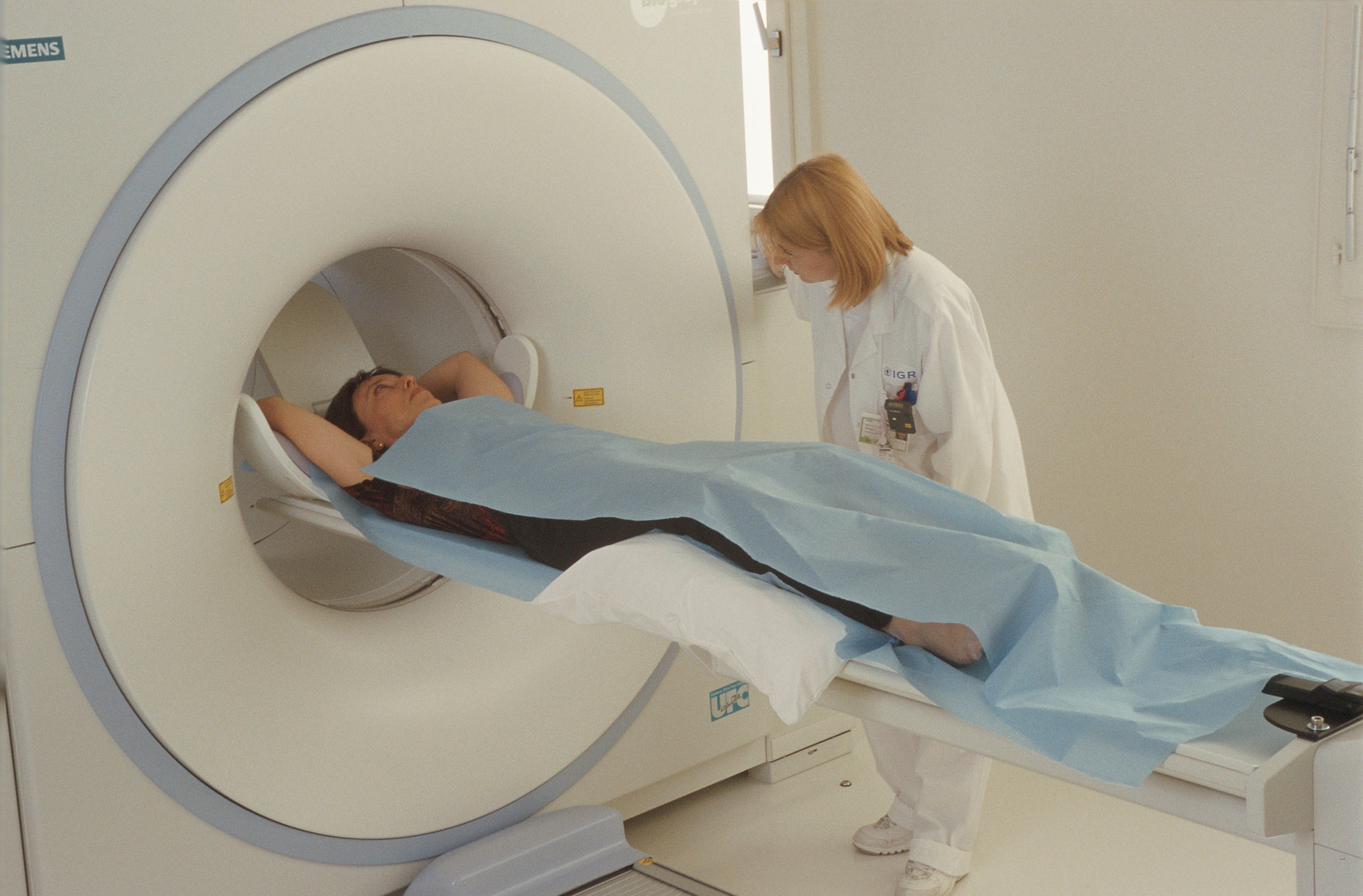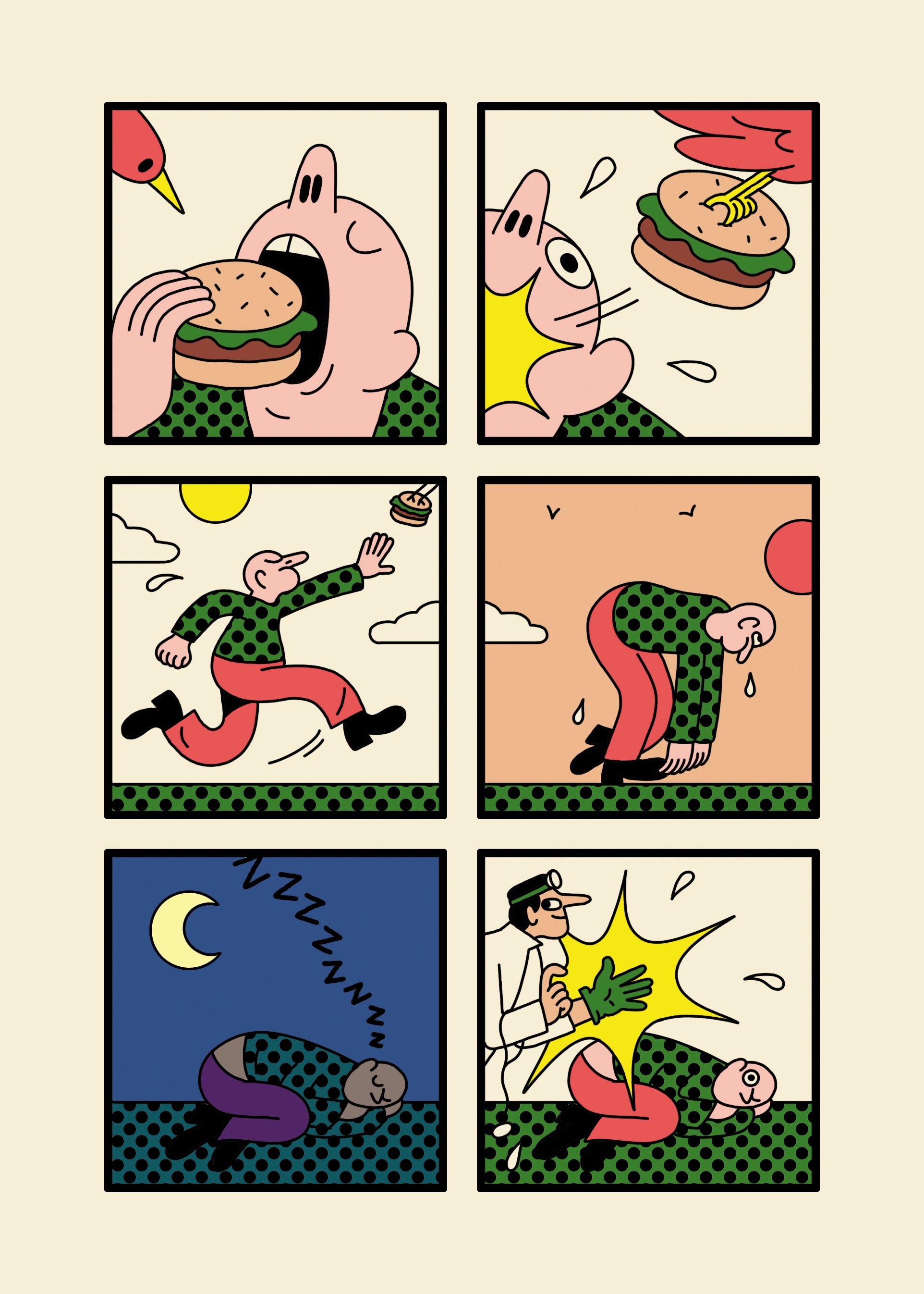Why an Offline Nuclear Reactor Led to Thousands of Hospital Appointments Being Canceled
Why an Offline Nuclear Reactor Led to Thousands of Hospital Appointments Being Canceled
An offline nuclear reactor can have serious implications for various sectors, including...

Why an Offline Nuclear Reactor Led to Thousands of Hospital Appointments Being Canceled
An offline nuclear reactor can have serious implications for various sectors, including healthcare. In a recent incident, a nuclear reactor going offline led to thousands of hospital appointments being canceled, causing a significant disruption in healthcare services.
Nuclear reactors are a crucial source of power for many hospitals, providing the necessary energy for crucial medical equipment and facilities. When a reactor goes offline unexpectedly, hospitals are forced to rely on backup power sources, which may not be sufficient to meet their energy needs.
Without a steady source of power, hospitals are unable to operate at full capacity, leading to the cancelation of appointments and delays in medical procedures. This can have a ripple effect, causing a backlog of patients and putting additional strain on healthcare resources.
In the case of the offline nuclear reactor, hospitals were forced to prioritize critical care patients and emergency cases, leading to the postponement of non-urgent appointments and procedures. This meant that many patients had to wait longer for necessary medical treatment, potentially impacting their health outcomes.
The situation highlights the importance of having reliable energy sources for healthcare facilities, especially those that rely on nuclear power. It also underscores the need for proper maintenance and contingency plans to mitigate the impact of unexpected power outages.
Going forward, hospitals and healthcare providers must ensure they have backup energy sources in place to prevent disruptions to patient care. They should also work closely with energy providers to address potential vulnerabilities and minimize the risk of future incidents impacting healthcare services.
By learning from this experience, hospitals can better prepare for similar situations in the future and ensure that patients receive the care they need, even in challenging circumstances.



